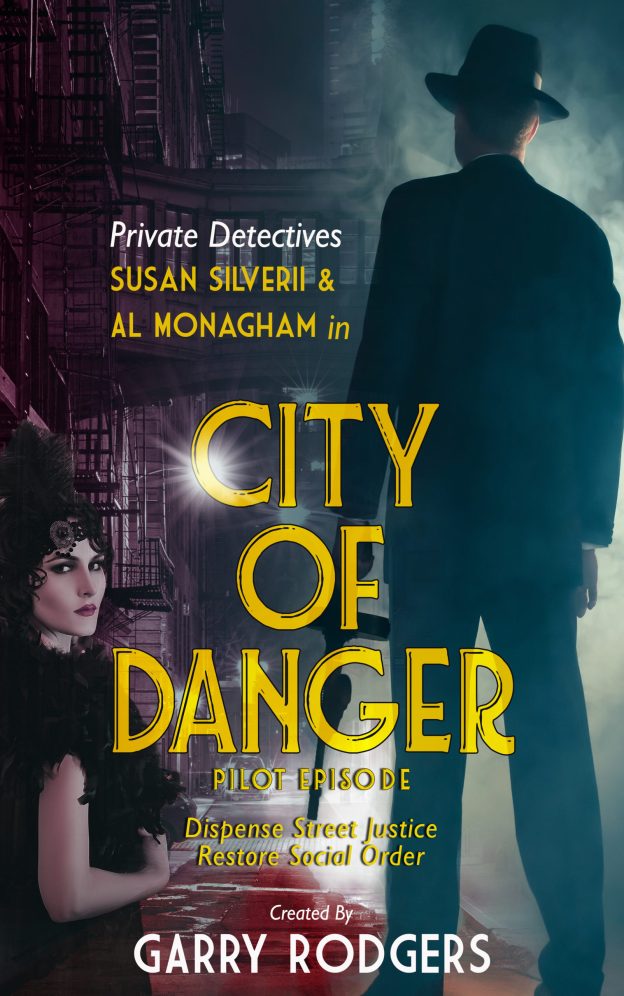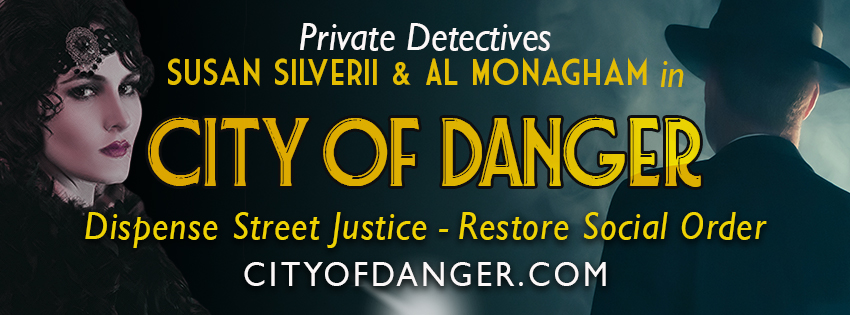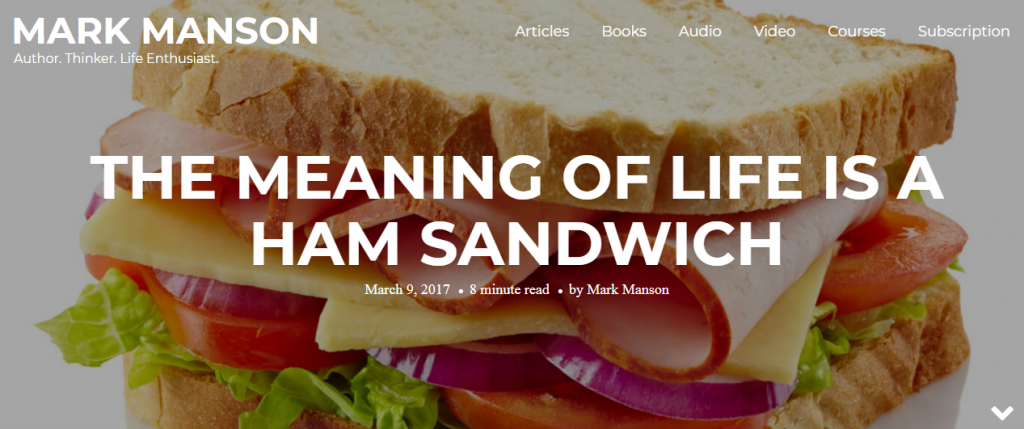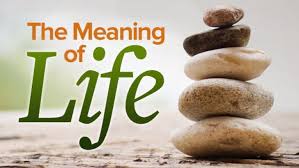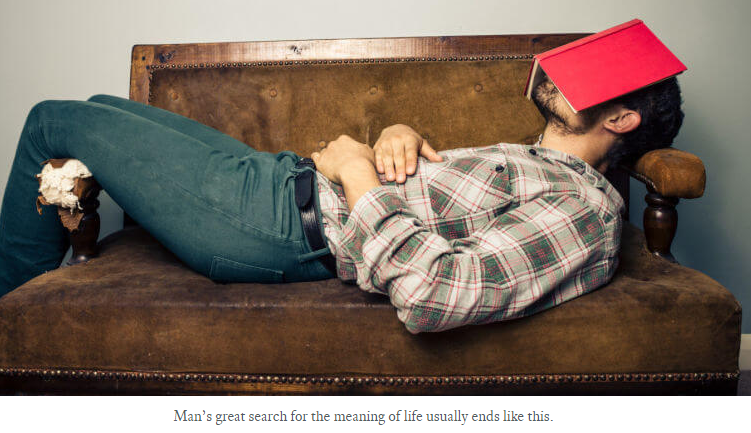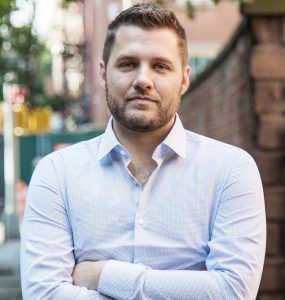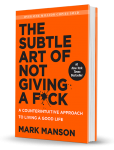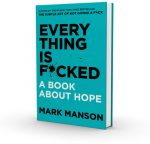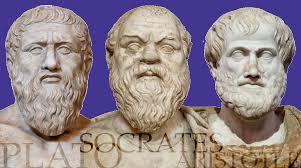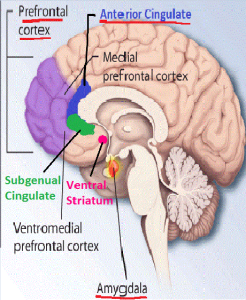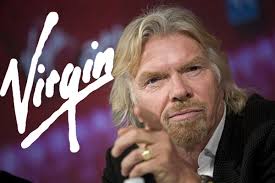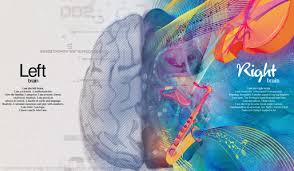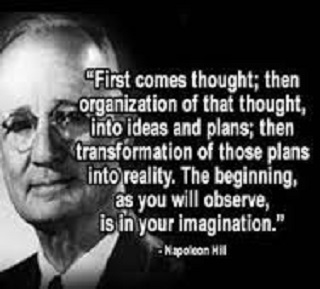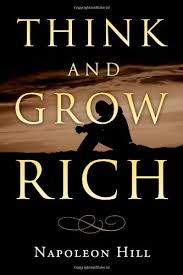 Yes, I’m the first to admit. I’ve got a bit of a lazy streak in me. You probably do, too. That’s okay, though, because we humans are naturally programmed to be lazy. It served the biological survival of our species well which is exactly what Mother Nature intended. So blame her for you and me having a natural inclination to sack on the couch, swill beer, (wine in my case) and sleepily abuse the remote.
Yes, I’m the first to admit. I’ve got a bit of a lazy streak in me. You probably do, too. That’s okay, though, because we humans are naturally programmed to be lazy. It served the biological survival of our species well which is exactly what Mother Nature intended. So blame her for you and me having a natural inclination to sack on the couch, swill beer, (wine in my case) and sleepily abuse the remote.
Laziness has roots in our survival instincts. A long, long time ago, our ancestors didn’t have to think long term. They had to remain focused on the here and now so they could react and survive in case they were attacked by enemies, animals and, well, by nature herself. Conserving energy was paramount to ensuring survival when attacked.
Now, in the modern age, when survival isn’t a top priority, this instinct prevents some of us (me and probably you) from engaging in, or get going on, things—projects—that don’t bring immediate results. We won’t delay our gratification and we subconsciously justify it through procrastination. The reason for human laziness is carved deep into our brain structures. We’re hard-wired to sit on our behind and do nothing unless we really have to.
Another reason for people’s laziness is they haven’t found their own true path. They haven’t developed a dream—a big dream—of what they want to achieve in their life. They haven’t found the soul—the true passion or the fire within—that’s paramount to pursuing that dream, taking massive action, and making that dream a success.
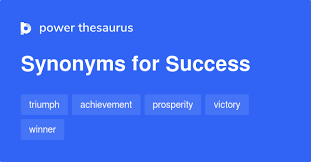 What is success? I just Googled Merriam-Webster that said this: The accomplishment of an aim or purpose. I found another good quote that puts “success” into clear perspective: Accomplishing something you really want to accomplish in the world and getting others to support it and agree that it’s of value.
What is success? I just Googled Merriam-Webster that said this: The accomplishment of an aim or purpose. I found another good quote that puts “success” into clear perspective: Accomplishing something you really want to accomplish in the world and getting others to support it and agree that it’s of value.
I’ll share something with you. I have a dream that started in April. A big dream. A huge dream. A monster dream. (Yeah… I know… dreaming big in the middle of a big pandemic…) And I’ve found a passion in my soul that I’ve never felt before.
Yet, I’ve also found a bit of a lazy streak I didn’t want to admit existed. I feel like a push-me-pull-you. In one sense, I have a burning desire to create this dream into a success. In another, I have a reluctance to get my ass in the chair, my fingers on the keys, and do the work.
I’ll tell you what my enormous dream is but, first, let me explain how I got onto this lazy human topic.
———
Bill O’Hanlon says he’s the laziest successful person he knows. And Bill knows a lot of lazy people who’ve become successes. Who’s Bill O’Hanlon? Bill is a success guru who wrote A Lazy Man’s Guide to Success. It’s a short and free pdf of 59 pages, and I loved it.
 Bill, by the way, is a psychotherapist, author of over thirty books, and a highly sought-after motivational speaker. He’s been on Oprah, spoken internationally many, many times, and is an all-around genuine guy. He runs a website called the Possibility Land, and I found him quite by chance when I was looking for a DyingWords topic.
Bill, by the way, is a psychotherapist, author of over thirty books, and a highly sought-after motivational speaker. He’s been on Oprah, spoken internationally many, many times, and is an all-around genuine guy. He runs a website called the Possibility Land, and I found him quite by chance when I was looking for a DyingWords topic.
I’ll sum up Bill O’Hanlon’s Lazyman’s Guide to Success real quick by stealing right from the man himself:
If you are really impatient and don’t have the time or the self-discipline to read my entire guide, here are the Cliff’s Notes formula for success:
- Find your soul: the aliveness, energy, passion, and uniqueness that the world has tried to squeeze and shame out of you since you came out of your momma.
- Get a dream, a vision, or a direction by following what turns you on or what pisses you off (or both). It’s best to choose one that makes a contribution to the world and is not just about meeting your personal needs.
- Take action towards realizing that vision.
- Notice whether the actions you have taken have produced results that are moving you towards your goals or dreams. If so, do more of them until you get there. If not, do something different.
- Take massive actions, make adjustments based on your observations of the results, vary your actions, and do not stop until you arrive at your destination. I don’t mean that each action you take must be big or bold. You may start with a small step, but start.
- Do not be distracted or dissuaded from action by your feelings. Do not attend to or go with your feelings unless they are feelings that help you move forward. Have faith in yourself and the universe, especially when things look bad.
- Create more and more evidence in the world that your dream is real so that others will believe in it too.
- Keep moving toward your dream – no matter what. Persistence can be powerful.
———
Not a bad formula at all, Bill. Not bad at all. “Find your passion. Build a dream. Take massive actions. Have faith. Keep moving toward your dream – no matter what.” You gotta like that advice. One problem, though. Humans are naturally lazy.
 Okay. This big dream I have that I’m slowly acting upon? It started in April 2021 and was hidden behind a mask. Literally.
Okay. This big dream I have that I’m slowly acting upon? It started in April 2021 and was hidden behind a mask. Literally.
I had the idea of creating a new crime fiction series based on the old hardboiled/noir detective stories of a hundred years ago that were so, so popular. What’s old is new again, right? I see a resurgence of hardboiled headed right at us and almost nobody’s doing it.
That got my soul energized, and I planned out a series while out on long, soul-soothing walks. The concept, characters, and storylines came from here, there, and everywhere within my imagination. Soon, I had an imaginary city built in my mind—a dangerous city filled with heroes and villains and corruption unbound.
I was on a Zoom call with a film industry acquaintance regarding a non-scripted project on a historical multi-murder case I worked on. We wrapped that up for the day, and he asked what filmmakers should ask content producers (aka writers), “So, what else ya got goin’?”
I told him, “I have this dream for a hardboiled detective crime fiction series. The logline is a modern city in crisis enlists two private detectives from its 1920s past to dispense street justice and restore social order. A leading lady and leading man team involving time travel. It’s called City Of Danger.”
There was a long pause till he said, “Reeeally… This is exactly what we’re lookin’ for.”
To make a long story short, City Of Danger is well underway. The video/film rights are verbally optioned to a major netstreaming company—call me stupid for not taking cash up front but, on some forceful advice from an entertainment-specialist lawyer, I’ve left my mean streets and perilous avenues open until I fully understand my product’s potential and its optimum value.
Creatively, my soul was lit like the Rockefeller Christmas tree mixed with the Times Square New Years Eve Ball and my passion gushed like an open Bronx hydrant on a blistering day. I began taking action—massive action— in making this dream a reality. What I didn’t foresee was how much work this project will take, how much energy it’s bound to sap, and the laziness wildcard.
To begin with, I wrote a business plan. It’s comprehensive, and it’s put me in a much better position to go forward with how the City Of Danger business will be built and run. Yes, a business. A money-making business selling products in the entertainment industry. This is an entirely new, stand-alone venture that’s outside of DyingWords and my other commercial publication works.
I began with the end in mind. I had artwork produced showing the two main characters against the backdrop of a dark cityscape. I began a dedicated website for City Of Danger that’s a work-in-progress and always will be. And I renovated my writing studio with part of it recreating a 1920s private detective office.
All this was about getting in the zone—the headspace—so I could think like the characters think, talk with the characters, and let the characters tell me their hardboiled stories so I can write them out. Call it method writing, if you will. Or, you can call it plain escapism fun.
The hard work started immediately when I committed—in writing—to creating City Of Danger and making it a success. I realized I knew almost nothing of the hardboiled genre. Why were the greats like Dashiell Hammett, Raymond Chandler, Mickey Spillane, and Elmore Leonard so great? I went back to school and studied them.
Along this past seven month’s journey, I questioned my ability to successfully pull off something so big that I knew so little about. I took a page from Tiger Wood’s playbook where he described his comeback to win the 2019 Masters. Woods completely took apart his game and rebuilt his swing, his putting, his chipping, his mental attitude, and he looked back at everything the historic Masters champions did to win a green jacket.
I did much the same—rebuilt. I rebuilt myself as a writer. I read a lot on writing craft. A lot on the business of writing. A lot on mental attitude. And a lot on who the writing masters of hardboiled detective fiction really were, as well as how their great stories were structurally built and emotionally told for massive audience reception.
I read about screenwriting, and I took screenwriting courses. I studied what hardboiled genre films, like Humphrey Bogart in The Maltese Falcon, made it big and what similar-themed TV shows were a success.
Success. There’s that word again. Success. I have my focus on success with City Of Danger, but there’s one huge obstacle to overcome daily. That’s my tendency to be a bit lazy at times and not do the work. The real work. The writing work that makes a dream like this a success.
Yes, I’m the first to admit. I have a bit of a lazy streak in me. You probably do, too. That’s okay, though, because we humans are naturally programmed to be lazy.
———

